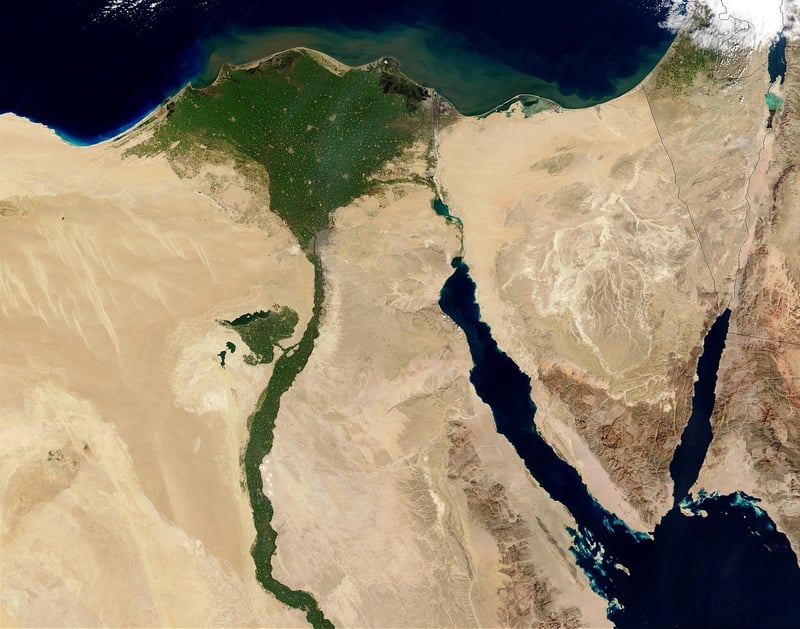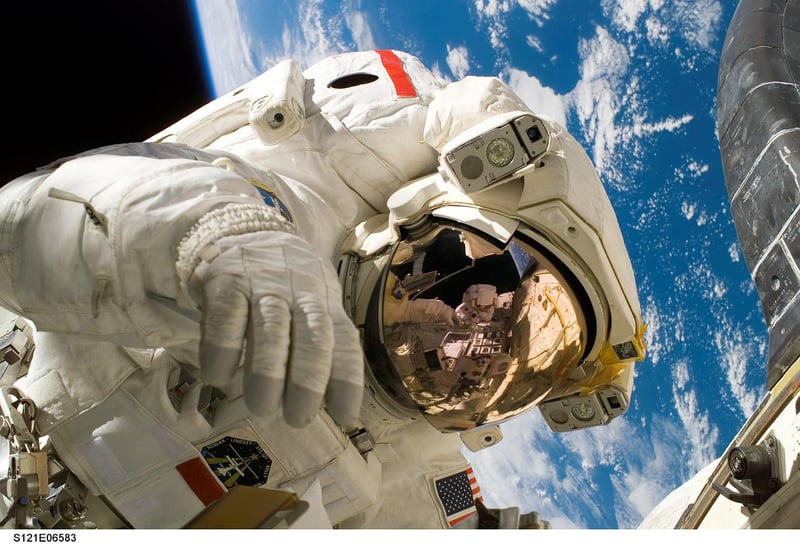Future Exploration
Exploring Different Eras and Future Exploration
Introduction
Exploring different eras of human history and looking towards future exploration are fascinating topics that captivate the imagination of many. From ancient civilizations to modern technological advancements, the journey of exploration has shaped our world in profound ways.
Ancient Civilizations
Ancient civilizations like the Egyptians, Greeks, Romans, and Mayans left behind incredible architectural wonders, art, and cultural practices that continue to intrigue historians and archaeologists today. The pyramids of Giza, the Parthenon, the Colosseum, and the temples of Tikal are just a few examples of their enduring legacies.

The Age of Exploration
The Age of Exploration in the 15th to 17th centuries marked a period of significant maritime discoveries and global expansion. Explorers like Christopher Columbus, Vasco da Gama, and Ferdinand Magellan ventured into uncharted waters, opening up new trade routes and connecting distant lands.

Space Exploration
Space exploration has been a frontier of discovery in the modern era. From the first human landing on the moon in 1969 to the exploration of Mars and beyond, space agencies like NASA, ESA, and SpaceX continue to push the boundaries of our understanding of the universe.

Future Exploration
The future of exploration holds exciting possibilities with potential missions to Mars, the development of space tourism, and the exploration of deep-sea and outer space. Advancements in robotics, artificial intelligence, and sustainability will shape how we explore and interact with our environment.
Conclusion
Exploring different eras of human history and looking towards future exploration not only helps us understand our past but also inspires us to reach for new horizons. Whether delving into ancient ruins or reaching for the stars, the spirit of exploration continues to drive innovation and discovery.
